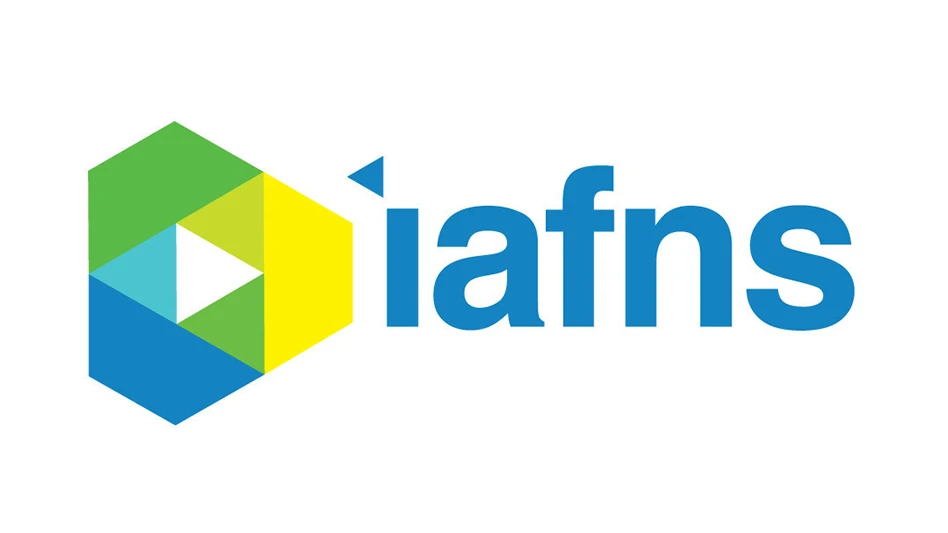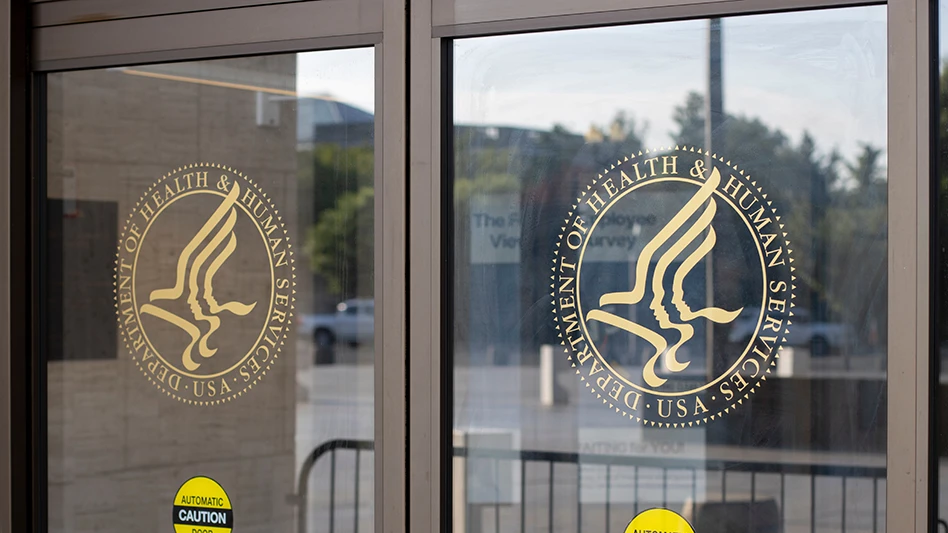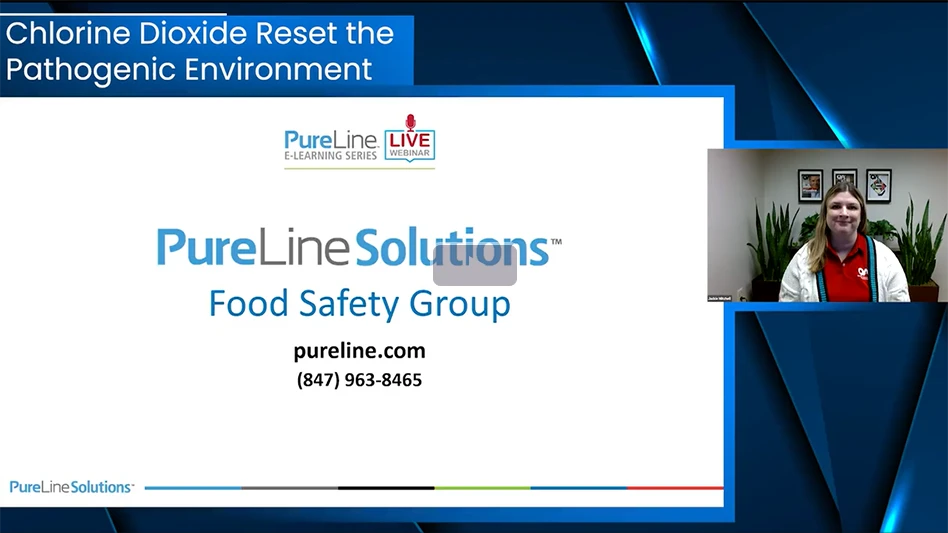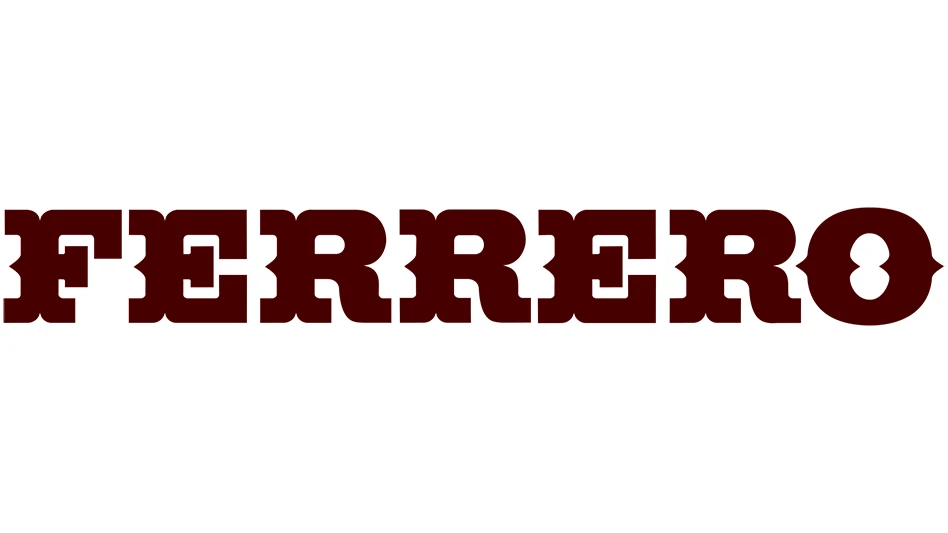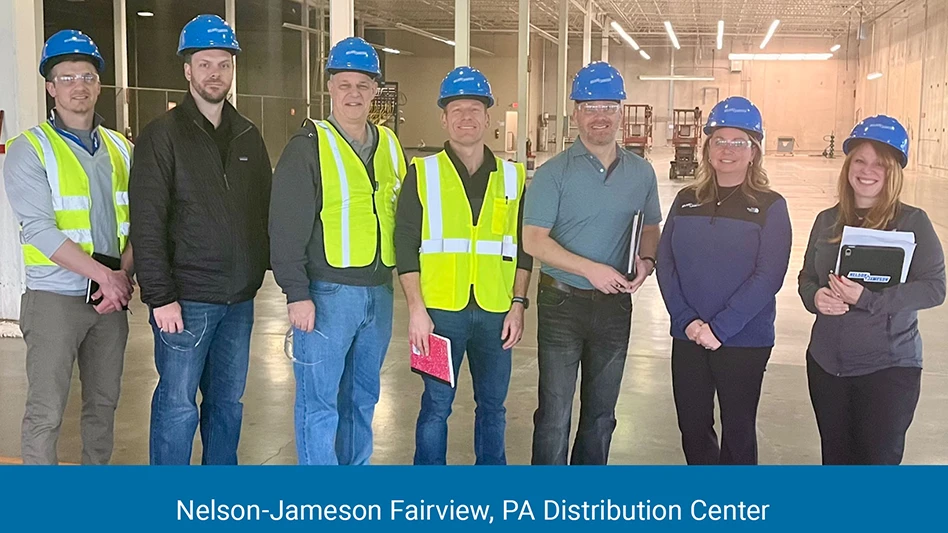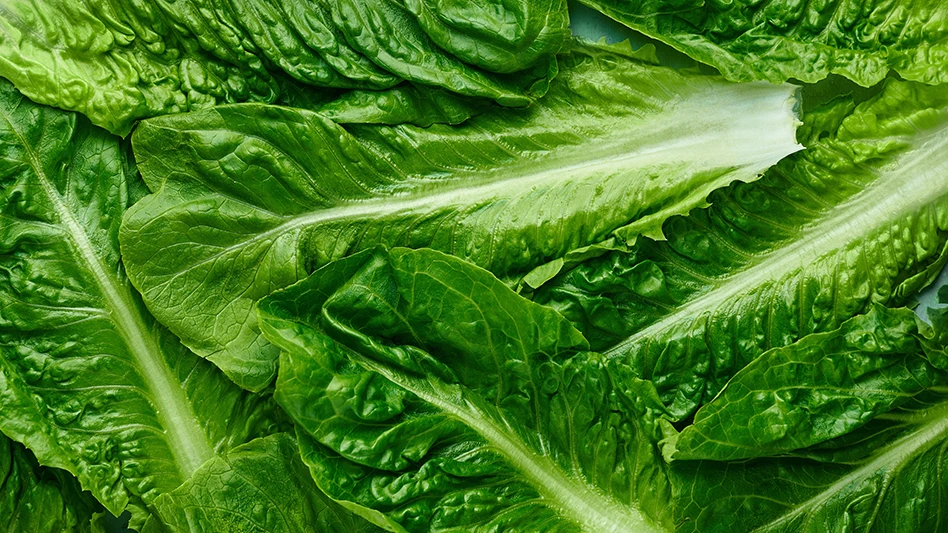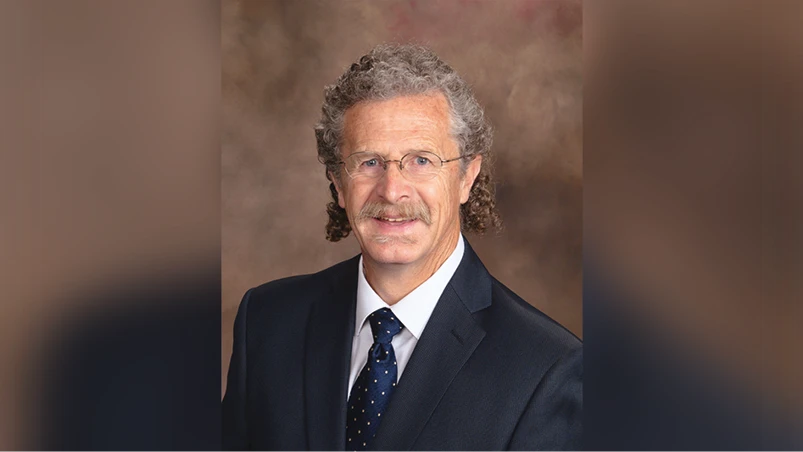

From the U.S. Marine Corps. to forestry to food safety — Bruce Ferree’s path to the food industry was a little unorthodox. But, as he sees it, that doesn’t make him unique in this industry.
“I think anybody that ends up in food as a food scientist has a convoluted story,” he said with a laugh.
After realizing a career in forestry could involve 10 years of part-time work before you got a real job, he dropped out and did a little bit of everything.
“I loaded peas for export. I was a tree trimmer. I surveyed for forest fires,” he said. “But I knew I was better than what I was doing.”
He started looking at college catalogs for Washington State, Montana State and Colorado State universities, where he could claim residency. That’s when he found food science at all three schools.
“I said, ‘I like food,’ I’d become a vegetarian, and I think I should study food,” he said.
And Ferree did just that, studying at Colorado State.
“Studying food was like, you put the plug on one ear, and everything that you heard and everything you saw went in and didn’t come out,” he said. “Which was exciting. Stuff came to me pretty well.”
Ferree went on to have a career where he worked in many types of food operations, including meat and poultry, dairy (milk, cheese and whey), canning/aseptic, grain extraction, auditing, consulting and training, before retiring from HP Hood in 2018. Since then, he’s been consulting and working with groups such as the Institute of Food Technologists (IFT).
Ferree shared lessons he’s learned about being yourself, building relationships, working with young food safety professionals and more:
I think everybody that studies food science wants to become a product developer and work in research and development. I ended up in quality. We didn’t have any studies in quality back then.
When it comes to industry relationships, don’t build them because they’re going to help you later. Build them because they’re going to help you now.
But obviously, the relationships also help you later.
IFT has been my primary professional society for my entire career. While it’s not quality or food safety, you meet the food engineers, you meet the nutritionists, you meet the scientists, you meet the product developers, and then you try to tie it all together.
You’ve seen in movies where the devil’s on this shoulder and the angel’s on this shoulder — quality management and food safety are actually both. You’ve got to be on the boss’ shoulder reminding them all the time: Are we going down the right road?
I’ve started a lot of conversations with bosses with, “You know, this is just your conscience talking to you.”
What I think the food industry does really well that’s not recognized by the public is, if there was not food processing, we would not be eating as well as we are.
What we don’t do is educate the public very well about what we do. We could do a better job with explaining to people what GMOs are, what irradiation is.
We all worry about what’s going to happen when we retire. As food scientists, we’re concerned about the future of not just the food industry, but of food scientists. We want to see people continue on in their career. We want to see people grow. We want to see people get the best education.
The continuation of my profession is important to me. So, I try to focus on education as opposed to, “This is the rule. You got to follow it this way.” I try to focus on the why. Why do we test something every 20 minutes as opposed to every hour?
Those types of interactions where you’re working with young people, explaining the background work that we’ve done, are important. And say to them, “If you see it differently, let’s talk about it.”
I didn’t look like your typical college grad that’s going to change the world, and I think the advice I got was silent advice: Keep being you. Nobody ever said, “You’ve got to cut your hair. You’ve got to do something about your appearance. You’ve got to quit riding your bike to work and changing in the locker room.” They said, “Even though that guy’s different, he’s adding value to the company.”
So don’t worry about your looks. Continue being you and doing the things that make you you. Find your passion.

Explore the September October 2022 Issue
Check out more from this issue and find your next story to read.
Latest from Quality Assurance & Food Safety
- Kim Heiman Elected to Second Term as President of Wisconsin Cheese Makers Association
- FAO Launches $150 Million Plan to Restore Ukrainian Agricultural Production
- Pet Food Company Implements Weavix Radio System for Manufacturing Communication
- Penn State Offers Short Course on Food Safety and Sanitation for Manufacturers
- USDA Announces New Presidential Appointments
- FDA to Phase Out Petroleum-Based Synthetic Dyes in Food
- IFT DC Section to Host Food Policy Event Featuring FDA, USDA Leaders
- CSQ Invites Public Comments on Improved Cannabis Safety, Quality Standards
